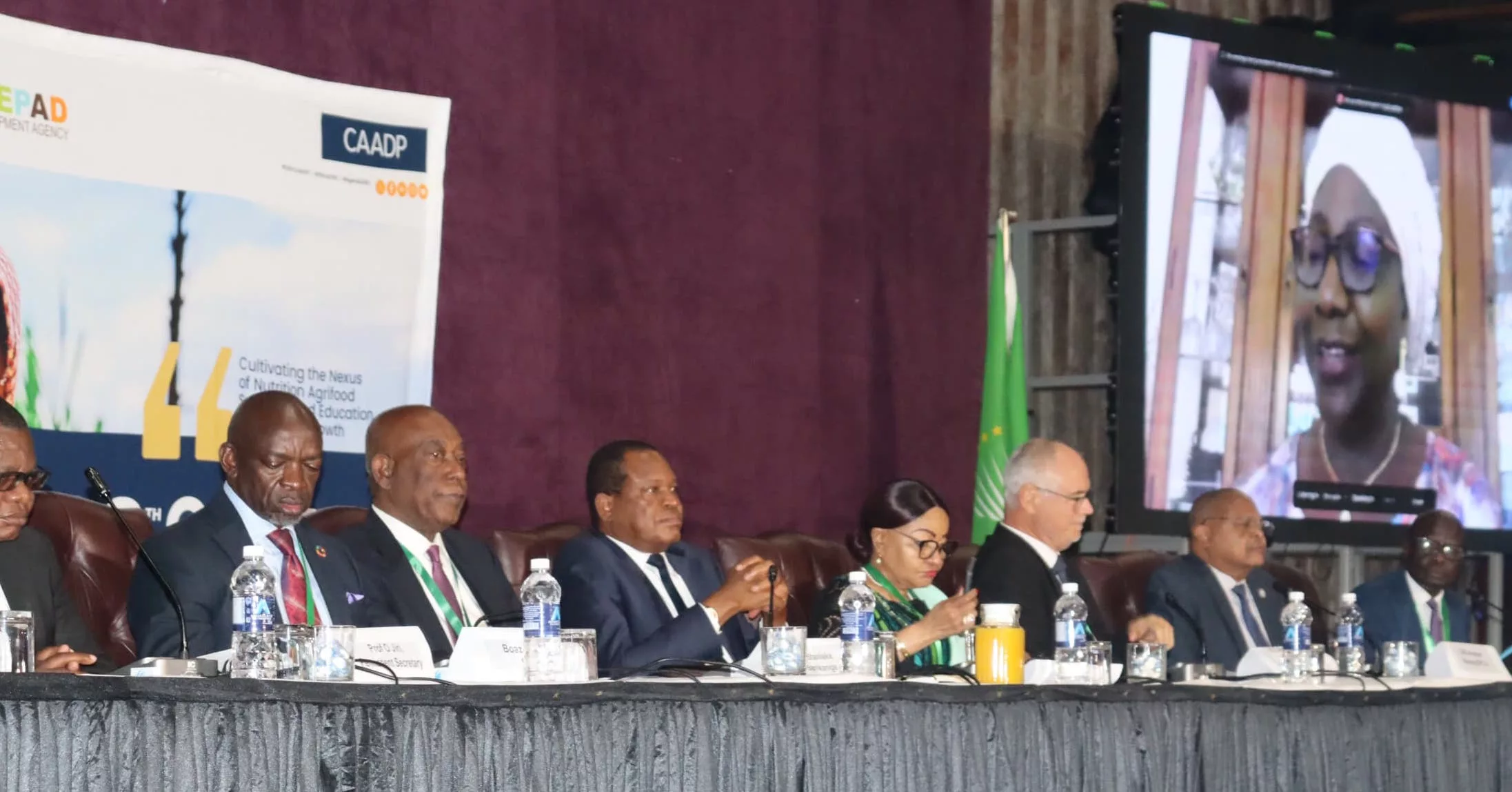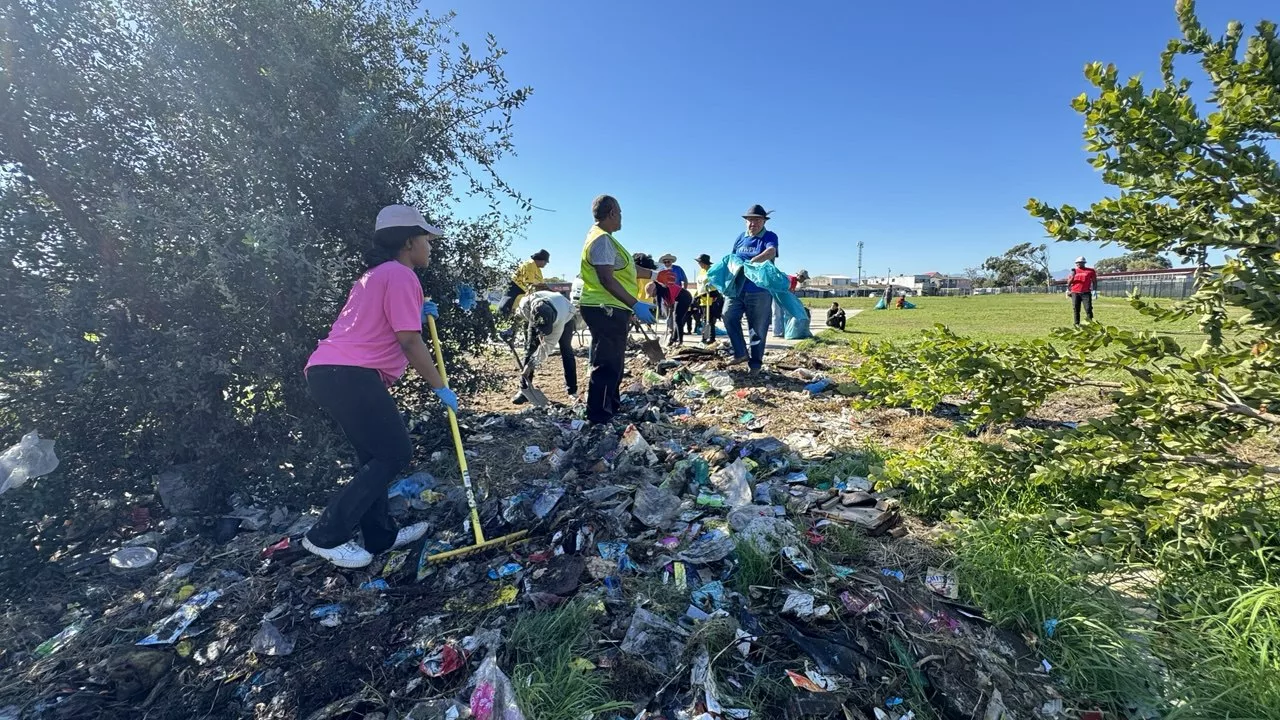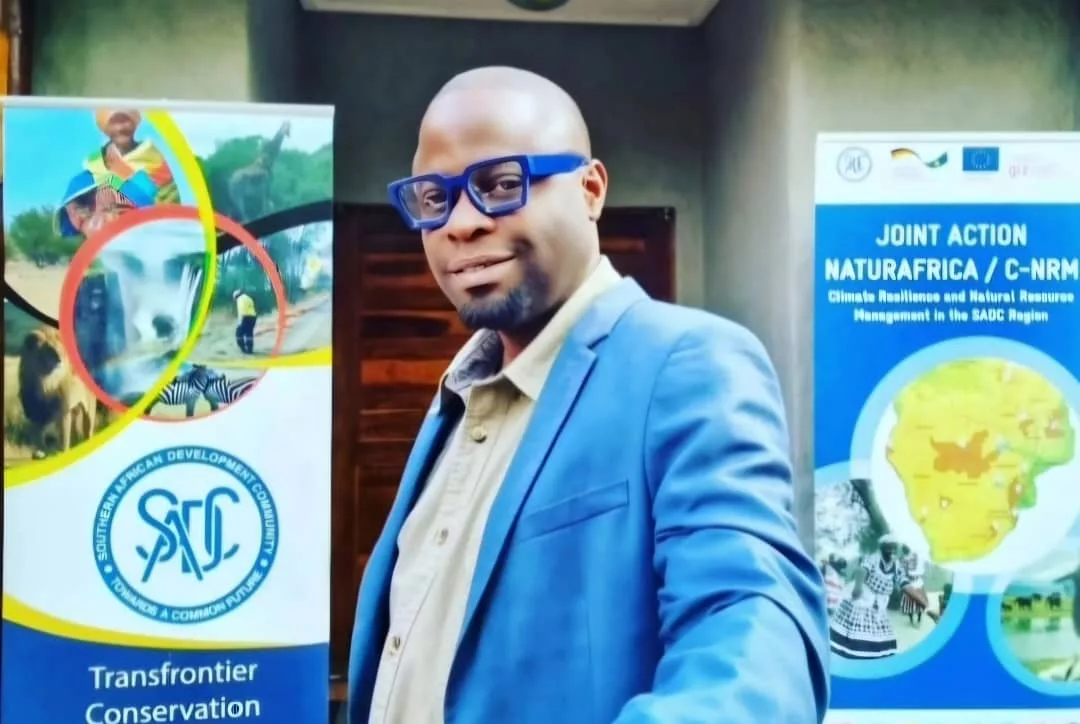|
Getting your Trinity Audio player ready...
|
The 20th Comprehensive Africa Agriculture Development Programme (CAADP) and the 15th Africa Day for Food and Nutrition Security (ADFNS) held under the theme “CAADP Agenda Two Decades-on: Cultivating the Nexus of Nutrition, Agrifood Systems, and Education for Africa’s Growth” marked an opportunity not only to reflect on the achievements of the past 20 years but also to renew development partners and donors as well as other critical stakeholders’ collective commitment to transforming agrifood systems across Africa.
In a speech read on his behalf at the official opening of the meetings in Harare yesterday, Dr. Stanlake Samkange, the Senior Director for Strategic Partnerships at the United Nations World Food Programme (WFP) said the theme for this year underscores the essential connections between nutrition, sustainable food systems, and education, each serving as a cornerstone for Africa’s resilience and growth.
“As we transition to the next phase of the CAADP framework—the post-Malabo Agenda—it is time to redouble our efforts to build a food-secure future. To achieve this lasting impact, investment in human, institutional, and technical capacities is paramount. Strengthening these capacities is fundamental for the effective implementation of National Agricultural Investment Plans (NAIPs) and is key to sustainable outcomes in nutrition and food security. Equipped with the right skills and resources, national and regional stakeholders can drive innovations, adapt to climate challenges, and build resilience within their communities,” he said.
The Senior UN official said the WFP’s work aligns with the vision by supporting communities addressing immediate needs through long-term sustainable interventions. The World Food Programme has been supporting the African Union Commission, AUDA-NEPAD, and the member states for over half a century and has scaled up its support in recent years including in the Post-Malabo development process.
“WFP commends the leadership and efforts of Commissioner Sacko, her team, and the African Union Commission (AUC). It also commends AUDA-NEPAD and African governments in developing the Post-Malabo Agenda- a comprehensive strategy that marks a strategic shift toward an agri-food systems approach that is both forward-thinking and inclusive.
“WFP remains committed to supporting the domestication of the post-Malabo CAADP framework at country and at regional levels, and re-affirm its determination to continue working with the African Union member states and stakeholders including the private sector to advance climate adaptation, human capital development including children, women, and youth, and the broader African Agri-foods systems,” he added.
Addressing the same gathering, Odd Eirik Arnesen, the Chair of the Development Partners Coordination Group (DPCG) of the Comprehensive Africa Agriculture Development Programme (CAADP) said development partners are encouraged by the progress made in the post-Malabo process.
“This journey exemplifies the power of African leadership, regional cooperation, and global partnerships working in harmony. I must admit, that I had my doubts about the ambitious timeline for preparing the next generation of CAADP. Yet, under your leadership, Commissioner Sacko, and with the dedication of your team and the continental CAADP constituency, you have truly accomplished this monumental task. Congratulations to you and all who contributed—this achievement deserves our applause.
She underscored the need to create a political environment conducive to reducing malnutrition by ensuring that policies and practices across various sectors that intersect with nutrition, from education to agriculture to climate and the environment, all contribute to the fight against malnutrition.
“We must ensure that high-impact, targeted nutrition interventions reach those in need, bridging the current gap between delivery and necessity. To achieve this holistic approach, the NEPAD Agency Nutrition and Food Systems Strategic Programme is designed to catalyze and support multi-sectoral cooperation and bring together various stakeholders and actions across different countries. As AUDA-NEPAD, we have had the privilege to lead initiatives that speak directly to the transformative power of ADFNS.
“A prime example of this impact can be seen in our work with Home-Grown School Feeding (HGSF) programs. These initiatives illustrate how, with careful planning, investment, and time, an idea can evolve from proof of concept to a comprehensive, continent-wide program. Since HGSF was endorsed in 2003 by the then NEPAD Secretariat under the CAADP, we have seen firsthand how it integrates school nutrition with agricultural growth,” Mrs Lisinge-Fotabong said.
She called on all stakeholders to seize this moment to renew their commitment to the ideals and objectives of the CAADP PP and the ADFNS and redouble efforts to make safer and healthier diets and sustainable food systems a reality for all Africans.
“Together, we should double efforts to strengthen implementation capacities in the post-Malabo CAADP (Kampala Declaration) era and move closer to the vision of more prosperous, integrated, and inclusive agrifood systems in Africa.”






